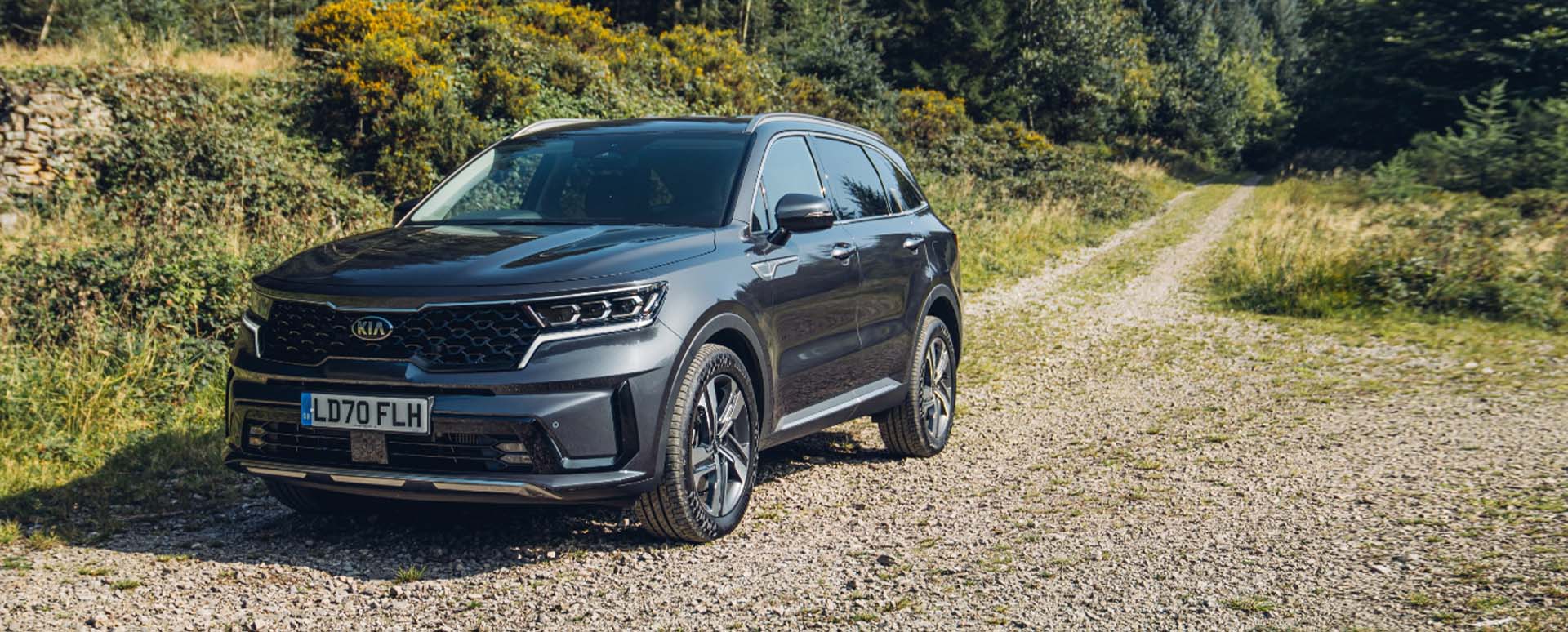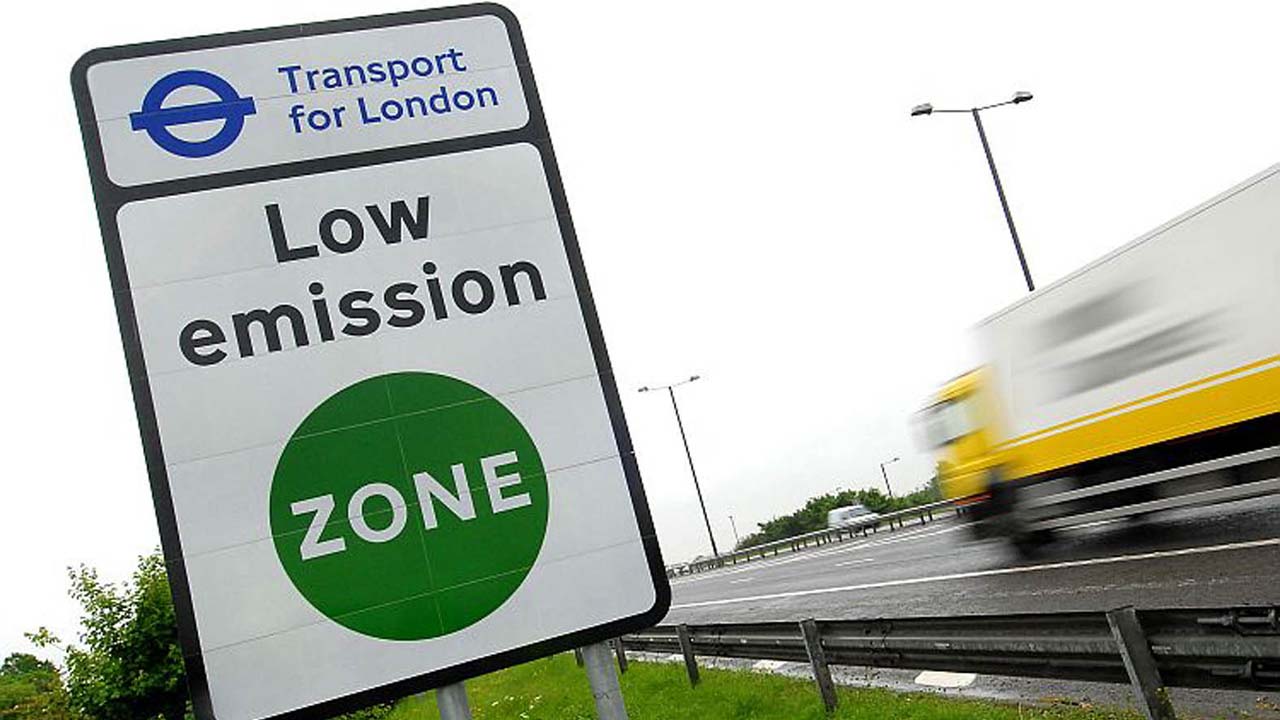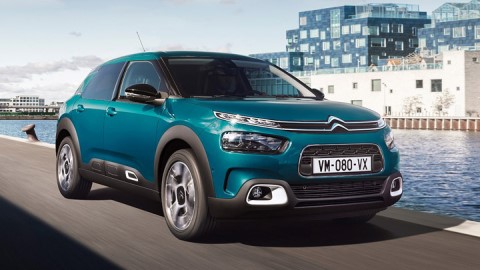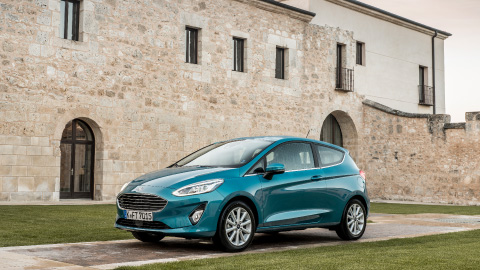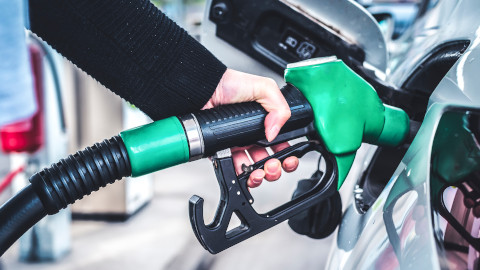With a ban on new diesel and petrol-powered cars being implemented in the UK from 2030, more motorists are starting to explore the transition to electric or hybrid vehicles.
Major cities, such as London, have also been clamping down on vehicles that don't meet set emissions standards. Older diesel cars have been hit the hardest by the Ultra Low Emissions Zone (ULEZ) because they emit more harmful pollution than their petrol counterparts in most cases.
It may sound bleak, but diesel cars still have a lot to offer under the right circumstances, as we've highlighted below.
- Is it worth buying a diesel car anymore?
- Are diesel cars bad for the environment?
- When will diesel cars be banned?
- Is diesel car tax higher?
- Diesel cars in London
- What is ULEZ?
- Best used Euro 6 diesel cars for sale
- Should I buy a diesel or petrol car?
- Frequently Asked Questions
Is it worth buying a diesel car anymore?
Financially speaking, if you drive over 12,000 miles annually, or use your car for towing on a regular basis, then we'd recommend looking at a diesel car.
For the most part, diesels can achieve better fuel economy on a long journey compared to a petrol counterpart, especially if your journey mainly consists of motorway driving.
The cost of diesel is usually higher than petrol, but the better fuel economy will translate to savings if you cover quite a bit of mileage every year.
Diesel cars make excellent towing vehicles, too. That's because they produce a hefty amount of torque, which basically means they have good pulling power. They can often tow more than equivalent petrol cars, making light work of the heaviest loads.
Pros and Cons of buying a diesel car
There are a number of advantages and disadvantages when you opt for a diesel car. The list below highlights the main pros and cons:
Advantages:
- Better fuel efficiency compared to petrol cars
- High torque for towing large and heavy items
- Longer engine life when well maintained
- Lower CO2 emissions than petrol vehicles
Disadvantages:
- Higher purchase and maintenance costs
- Poor performance in short journeys
- High depreciation due to market shift to electriv vehicles
- Higher cost when you have to drive through a low emission zone
Are diesel cars bad for the environment?
People’s perception of diesel cars has evolved over the years. In the early 2000s, diesel vehicles were promoted as a greener alternative to petrol cars because of their superior fuel efficiency and lower CO2 emissions. Supporting this view, the British government, along with several other European countries, introduced incentives for low-emission vehicles in 2001. These incentives included reduction in Vehicle Excise Duty (VED), which contributed to a rise in diesel car ownership.
Over time, people became increasingly aware of the environmental impact of combustion engines. New evidence revealed that diesel engines emit large amounts of nitrogen oxides, which contribute to acid rain and smog, as well as fine soot particles linked to heart and lung diseases. As a result, public perception of diesel cars began to shift in a negative direction.
In 2012, the World Heath Organization (WHO) classified diesel exhaust as a Group 1 carcinogen, meaning it’s known to cause cancer, based on new scientific evidence. Shortly afterward, in 2015, car manufacturers were caught manipulating emissions tests, prompting governments to implement stricter testing standards and impose penalties for such practices. As a result of these developments, public perception of diesel cars changed significantly.
With time, new technologies emerged, leading to a significant shift toward electric vehicles, which are widely considered a greener alternative to internal combustion engine (ICE) vehicles. Fully electric cars produce zero emissions, making it unlikely that people’s negative views of diesel cars will ever revert.
When will diesel cars be banned?
To encourage the use of greener alternatives to combustion engines, the British government has announced a phase-out plan that will ban the sale of new petrol and diesel cars by 2030, followed by a ban on other non-zero-emission vehicles by 2035.
Although the sale of new diesel cars will be banner starting in 2030, there are no plans to restrict the sale of used diesel vehicles, nor are there any rules banning the use of existing diesel cars on the road.
Car manufacturers have been working to develop plug-in hybrid and fully electric vehicle technologies, leading to fewer new diesel car models and sizes available, particularly among smaller variants.
Is diesel car tax higher?
Car Tax, officially known as Vehicle Excise Duty (VED), for vehicles registered after 2017 is based on CO2 emissions, the higher the emissions, the higher the tax. Zero-emission vehicles were exempt from tax for their first year until April 2025. However, from now on, they will be charged £10 for the first year and £190 for each following year.
The standard car tax for most vehicles is £190 per year. However, if your car is valued at £40,000 or more, you’ll pay an additional £390 annually for the next five years as an expensive car supplement.
Diesel cars in London
Diesel cars are allowed to drive in London. However, if they don't meet Euro 6 emissions standards, then owners will be charged £12.50 a day for entering the ULEZ.
The Euro 6 standards were introduced in September 2015, so any diesel car built after that period should be able to enter the ULEZ without incurring a charge.
We recommend using the Transport for London's online vehicle checker if you don't know which standards your car meets.
What is ULEZ?
ULEZ stands for Ultra Low Emissions Zone, and was implemented by the government to help clean up the air in London.
It's in operation 24 hours a day, 7 days a week, with an exception being Christmas day.
Best used Euro 6 diesel cars for sale
If you're in the market for an economical diesel car that meets Euro 6 standards, then we'd recommend taking a look at the models below.

Peugeot 308
The 1.5-litre BlueHDi diesel engine is efficient and gets very high miles per gallon.

SEAT Leon
Spacious vehicle equipped with 2.0-litre TDI engine that delivers impressive fuel economy.

Vauxhall Astra
The 1.6-litre CDTi engine offers an excellent balance of fuel economy and maintenance costs.

Mazda 6
Combines comfortable ride with the 2.2-litre engine that long-distance diesel economy.
| Petrol vs Diesel Comparison | |
|---|---|
| Petrol | Diesel |
| Recommended if you travel less than 12,000 miles a year | Recommended if you travel more than 12,000 miles a year |
| Fuel is typically cheaper | Great for towing a large caravan or trailer |
| Better suited for urban or mixed driving | Better suited for regular motorway users |
| Older cars meet ULEZ standard | Typically better fuel economy |
Should I buy a diesel or petrol car?
Whether you go for a petrol or diesel-powered car will ultimately depend on what you need your car for.
The image above highlights the pros of each fuel type and who they're best-suited to. In general, we recommend going for a petrol if you drive less than 12,000 miles a year, since diesels will only save you money if you cover larger mileage every year.
If you do a lot of short journeys, then a petrol is advised, since diesels can suffer from DPF issues if they aren't driven frequently enough. However, if you spend a lot of time on the motorway, then a diesel makes more sense.
Petrol cars are still capable when it comes to towing, but for the most part they don't compete with the equivalent diesel. So, that's worth taking into account if you have a large caravan.
Frequently asked questions
With the recent demand for used cars (due to new car wait times), diesel cars are still worth considerably more than they once were. Like anything, depreciation will set in, but perhaps not as much as first predicted.
With the internal combustion engine new car ban coming in 2030, you will have until then to buy a brand-new diesel car, although with used car prices typically higher due to external factors, it's hard to predict if you should buy or not buy a diesel car. It will all depend on your specific circumstances as expressed in this blog.
Diesel cars are ideal for longer journeys. Petrol cars and electric are better for shorter journeys, as a diesel car's particulate filter will usually clog up if only short journeys are made. Sometimes all that is needed to unclog a diesel's particulate filter is a long continuous journey, like when on the motorway or dual carriageway at higher speeds.
Brand-new diesel cars will no longer be available if upcoming 2030 law doesn't change, however used diesel cars should be still available and may be less expensive. Although, with used car prices still staying strong, and electric car infrastructure being criticised in recent times, it's not easy to fully predict a definite answer.
Diesel cars tend to be not as 'refined' as petrol cars, although newer diesel cars are now much quieter and much more refined. They tend to warrant higher charges when using the London Congestion zone and tend to have higher service costs. Alternatively, they make more sense if you plan on doing big mileage such as beyond 12,000 miles a year due to the enhanced economy they have, so it's not all bad.
Find your perfect diesel car at Evans Halshaw
Despite the ban coming in 2030, diesel cars still represent a good choice if you do enough mileage to warrant them, or if you need to tow something on a regular basis.
What's more, opt for a model that meets Euro 6 standards, and you won't have to worry about charges being incurred by the likes of the ULEZ.
We have a variety of great deals on new and used diesel cars, so take a look and see if there are any you like the look of.
Where to next?
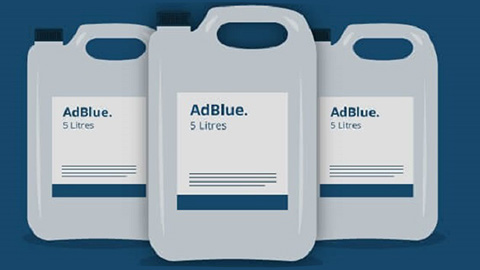
What is AdBlue and Why is it Important?
Everything you need to know about AdBlue.

